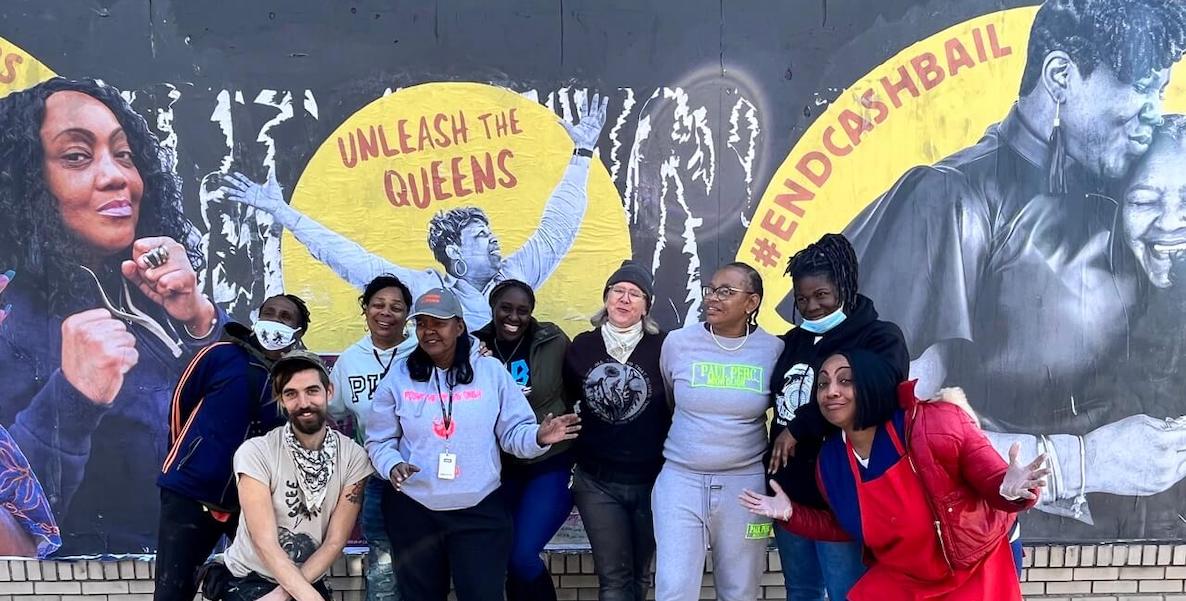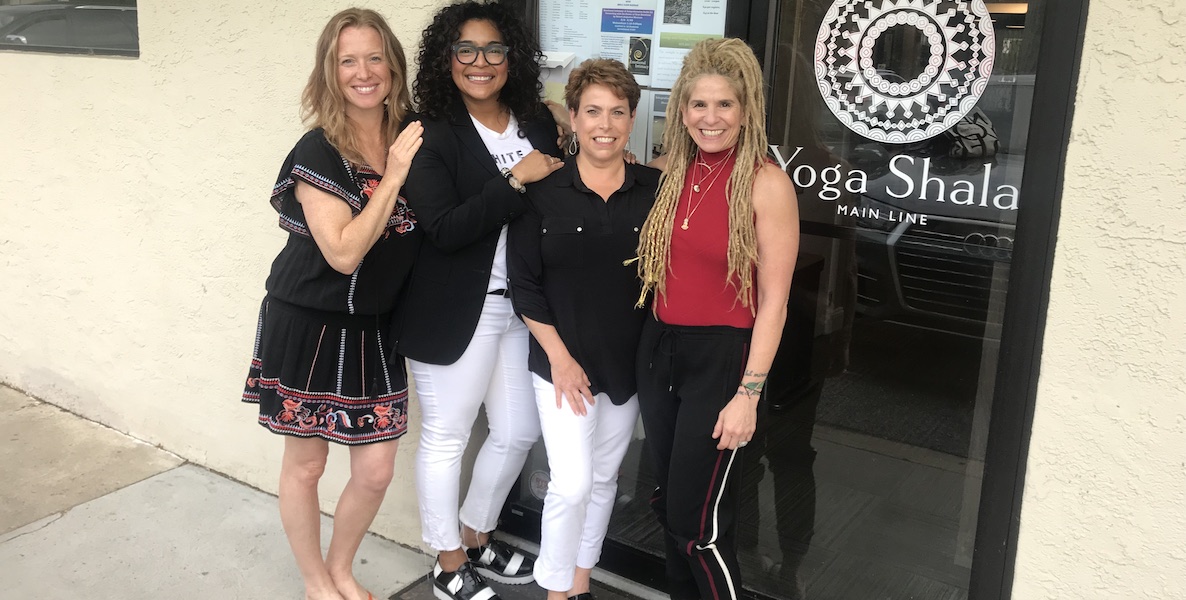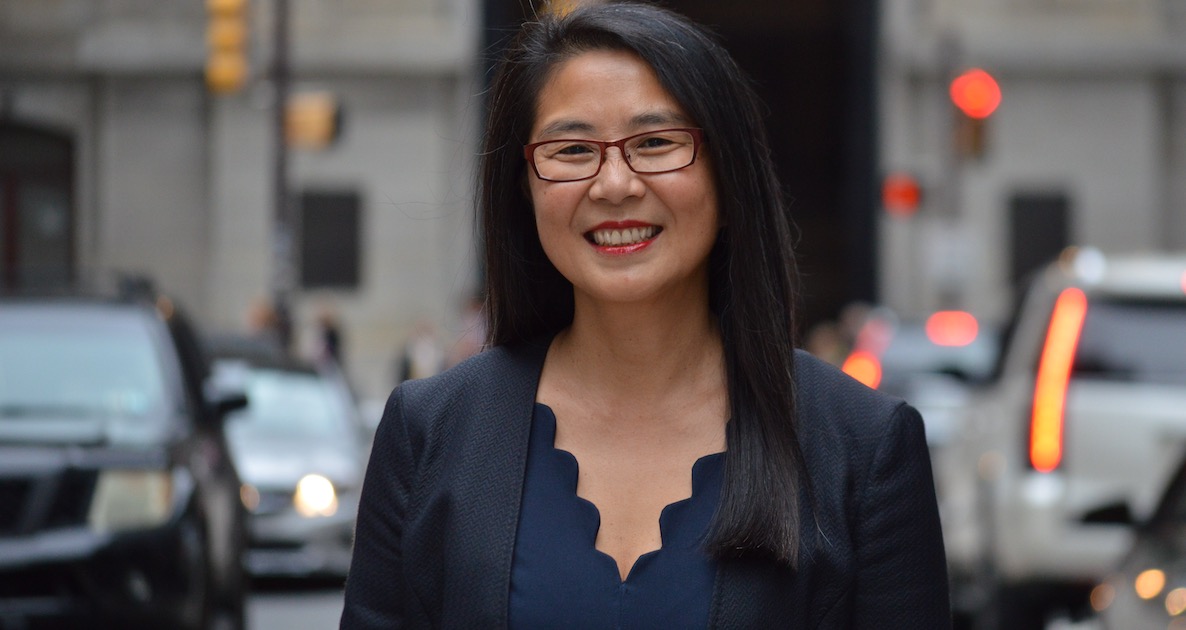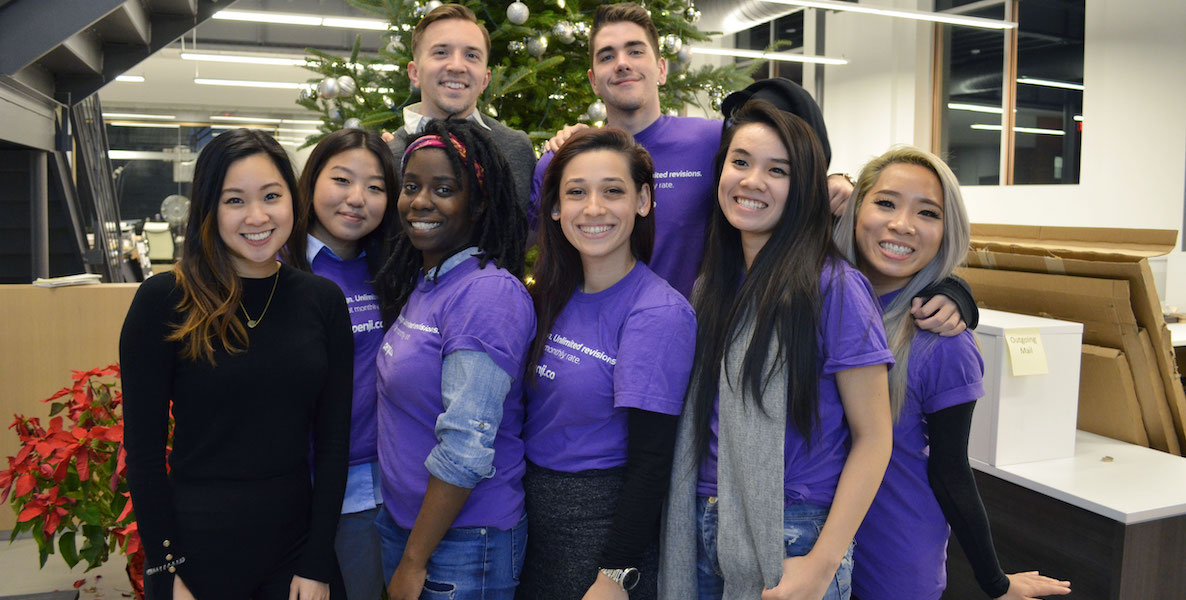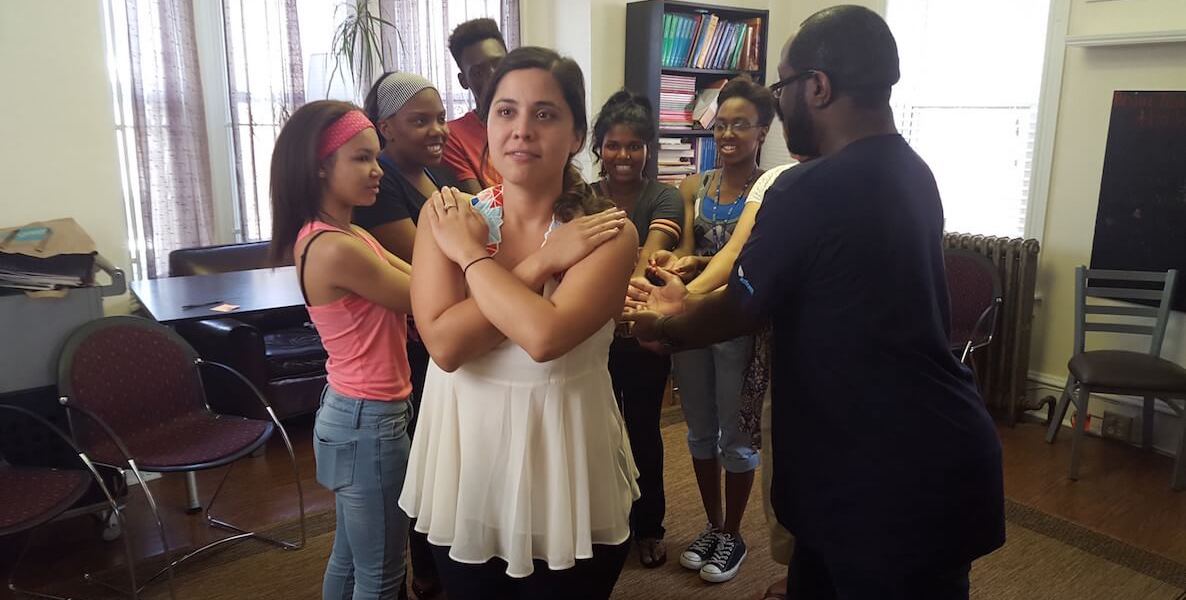Khai Tran was four-years-old when, in 1994, his family left Vietnam and moved to Camden. “Coming from a third-world country, Camden was amazing,” Tran says. “We didn’t even know Camden was considered a ‘bad’ neighborhood until a whole decade later.”
Whereas in Vietnam the economy was still recovering from the war and jobs were scarce, in New Jersey his extended family found work at chicken and sewing factories, employment that ultimately helped put Tran through Rutgers University-Camden, where he studied science and psychology.
Supportive as his family was, after graduation Tran didn’t have the luxury of wanderlust. “I needed to find a job, not find myself,” he says. With YouTube as his guide, he taught himself web design, then started hustling for clients. As business took off, Tran settled nearby in Philly and then Delaware. His career thrived, but Tran felt a call to return to the place that had nurtured him.
The biggest misconception about underrepresented communities is that their population is unemployable.
He’d recently met a like-minded soul, another Rutgers alum named Johnathan Grzbowski, and in 2015 the duo decided to launch (and self-fund) Waterfront Ventures as a vehicle to stimulate business development and job opportunities in Camden. Its endeavors would include a co-working space, events, and support for startups.
![]()
But after an early Waterfront-run conference, Tran and Grzybowski got valuable feedback: If they wanted to lure businesses to Camden and create employment there, they’d have to do more than cheerlead, and really practice what they preached. So in 2017, they started Penji as a sort of startup experiment within Waterfront Ventures, a way to model working in, and hiring from, Camden. It’s an on-demand graphic design solution that gives clients unlimited services for a flat monthly rate. For businesses, that fee is $369; for nonprofits, it’s a mere $1. “That way, they can get their bearings together, put together better proposals, and have a better journey fundraising and applying for grants,” Tran says of the decision to steeply discount services for 501(c)3s.
![]()
The social impact spirit also guides hiring practices. Employees come largely through Hopeworks, the South Jersey nonprofit that has steered hundreds of young people away from poverty and violence and towards training and jobs in coding, design, and web development. While interns come from Temple and Penn too, Tran says that local hires often show the most dedication.
“The ones that are actually from Camden tend to be some of the hardest working and most committed individuals, because people tend to overlook them,” he says. “They’re not used to getting a chance, or getting an opportunity, like other students would be, so when an opportunity is given to them, they tend to take it much more seriously.”
Now, Penji has become a profitable business in its own right, employing 45 people; its clients number more than 800 and include Reebok, Pep Boys, Express and 1-800-Flowers.
Here, Tran proves that—Thomas Wolfe be damned—you can go home.
JESSICA PRESS: What motivated you to return to Camden, and not flee the proverbial nest, as many ambitious peers in your position would do?
KHAI TRAN: It was because of the backwards psychology I was seeing. My parents, my grandparents, who worked so hard to buy me an education, they couldn’t leave Camden—they’re poor. That’s just the blunt truth of it. They just don’t have the education or ability or the finances to go where I could go. I had a very hardworking family, who worked three, four shifts just to make ends meet and provide me with a reasonable education. I realized that if I moved to a major city to find a job, and later reached a certain point in my life where I wanted to give back and make my community better, the backward logic is that I was the one who made it bad in the first place without realizing it, by leaving! Of course my family absolutely wanted me to leave and pursue a better life, there’s no question about that—but by me and so many other millennials leaving the cities that nurtured us, what happens to those cities? The populations that are left behind are going to be my parents, my grandparents, and those who are just scraping by. And so as a result, I caused a problem that I’m [going to] try to solve later.
![]()
JP: And by staying….?
KT: If more people like me stay, then naturally it’s going to attract more retailers, more restaurants, more entertainment, and more people into the area. And over time, that, in a way, combats gentrification.
JP: What do you think the biggest misconception about Camden is?
KT: The biggest misconception about underrepresented communities is that their population is unemployable. But when you drive through Kensington, or you drive through Camden, you’re not seeing the father who’s working three jobs right then to support his family. You don’t see him, because he’s working. You don’t see the kid who’s at home studying his or her ass off to go to Harvard. You don’t see the people who are working to have a better future. When you drive through these neighborhoods and you see the people who aren’t working, it gives a skewed representation. And to condemn an entire community and not give them funding, or not support the people there just because of a few people you see on the street, that’s the result of misconceptions.
By me and so many other millennials leaving the cities that [nurtured] us, what happens to those cities? The populations that are left behind are going to be my parents, my grandparents, and those who are just scraping by.
JP: Can you talk more about Penji’s strategy of hiring from within Camden, and not necessarily seeking out, say, grads from the Ivy League or the most prestigious design schools?
KT: We believe that people deserve a second chance. And communities deserve a second chance. So when we hire people, we’re not looking for the best talent in the world—you don’t have to be the best—but you should at least aspire to be pretty good. So we’re always willing to give people a chance, even if they don’t possess everything that we need to work at our company yet. We also don’t believe that we are IBM or Microsoft—we’re not the company that you’re going to be with for the rest of your life. Now, should that be the case, that’s great; we’re not against that. But we see ourselves as a stepping stone for a lot of people. We see ourselves as the first step, or the first employer that is giving them a chance, or the first one that helps them build a better portfolio.
JP: So how do you determine an applicant’s potential? What do you pay attention to when you interview job candidates?
KT: In our hiring process we ask two questions. Number one: What is your dream? What is your passion? What do you want to do? Don’t say you want to work for Penji forever because that’s not your dream. No one has that dream. What do you really want to do? Do you want to be a singer, do you want to own your own restaurant, do you want to own your own agency? We want you to have an ambition much greater than us. And so if they can answer that question with any level of enthusiasm, we love that.
And then the second question we ask is: How can we help you get there? We want to make sure that we’re relevant and we also want to make sure that by being with us, they’re able to get closer to their ultimate goal.
JP: What is your vision for the future of Penji and Waterfront Ventures?
KT: Ultimately we want others to view underrepresented communities and the people there differently. If we can get more people to go to these communities, and build headquarters there, provide jobs there, stay there, and give these people a second chance, then I think that’s ultimately our goal.
JP: Why the name Penji—does it mean something, or what were you hoping it would connote?
KT: Well, it does mean something. When we came up with that name, we thought it was obvious what it means, but nobody knows what it means! So this summer we’re going to launch a contest online asking people to guess and offering prizes.
JP: Is it a play on, I dunno, pen ninjas?
KT: [Laughs.] No.
This interview was edited and condensed.
Photo via Penji



